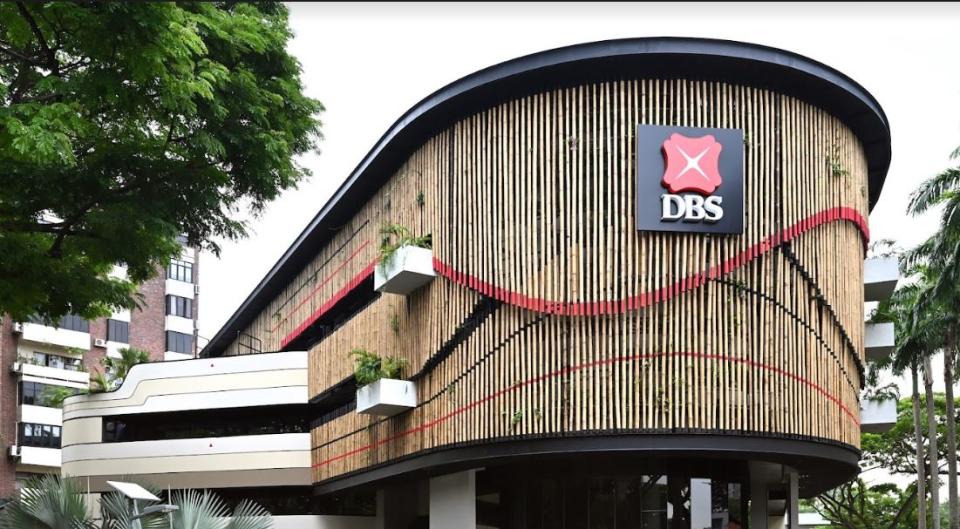DBS' purpose-bound money vouchers, like CDC vouchers but better

DBS pilots digital SGD with Open Government Products (OPG) to use at at SFF2022 and selected merchants in Nov
Singaporeans are familiar with CDC vouchers which they have downloaded online, and have used at various approved wet markets, shops and food centres.
There is a new kid on the block that goes by the moniker purpose-bound money-based (PBM) vouchers issued by DBS Group Holdings. To download PBM vouchers, scan a specific QR code issued by DBS, sign up, and receive DSGD20 (digital Singapore dollars) via a link on the smartphone. The DSGD can be used at selected F&B outlets and at the Singapore Fintech Festival which runs from Nov 2-4 this week.
The PBM vouchers are issued using tokenised SGD (DSGD) to facilitate “real-world” live transactions with selected merchants. This forms part of Project Orchid pilot, trialling the actual use of DSGD for a transaction. While the PBM vouchers are issued by DBS, the associated smart contracts – since the issuance is on a blockchain – are enabled by Open Government Products (OGP). Issuing vouchers on a blockchain would improve productivity because settlement is in real time, with minimal human interaction.
For SMEs and businesses with retail shopfronts this means that they will be able to benefit from instant settlement, payments and collections with their banks when customers use digital vouchers. This will help time and resource starved small businesses increase cashflow and save time on administrative backend tasks, DBS explains in a press release on Oct 31.
The current process involves one to two days of processing time before merchants actually see the money credited into their bank accounts.
DBS believes that its live pilot with OPG will be useful in scenarios such as the CDC voucher scheme where Singaporean households receive CDC vouchers to help cope with rising inflation and cost of living. Majority of these vouchers are now digital vouchers but involve some backend administration for the merchant.
However, with PBM vouchers, merchants will be able to be paid instantly, doing away with backend reconciliation, increasing productivity and efficiency.
By starting the pilot with the F&B industry in Singapore, in future, PBM vouchers issued using tokenised SGD could benefit Singapore’s 28,000 coffee shops, hawker centres and restaurants.
"The live pilot demonstrates the feasibility of programmable money to foster an even more efficient, trustworthy and robust payment system, especially for time and resource starved businesses," says Shee Tse Koon, Singapore Country Head of DBS.
"It also further reinforces how blockchain technology can be the bedrock to build the next generation of payments and settlement infrastructure on – not only because of its immutability and accessibility, but also for its programmability by leveraging smart contracts," he adds.
“Through piloting a “purpose bound money”, we demonstrate how we can make it easier for the Government to implement voucher programmes through smart contracts," says Li Hongyi, Director of Open Government Projects.
"We want to test how we can potentially make settlement faster and less costly, and reduce the reconciliation effort of banks, voucher issuers and merchants. We intend to work more closely with industry partners such as DBS to test such a concept, and will share our technical documentation more widely.”
See Also:
Click here to stay updated with the Latest Business & Investment News in Singapore
Get in-depth insights from our expert contributors, and dive into financial and economic trends

 Yahoo Finance
Yahoo Finance 